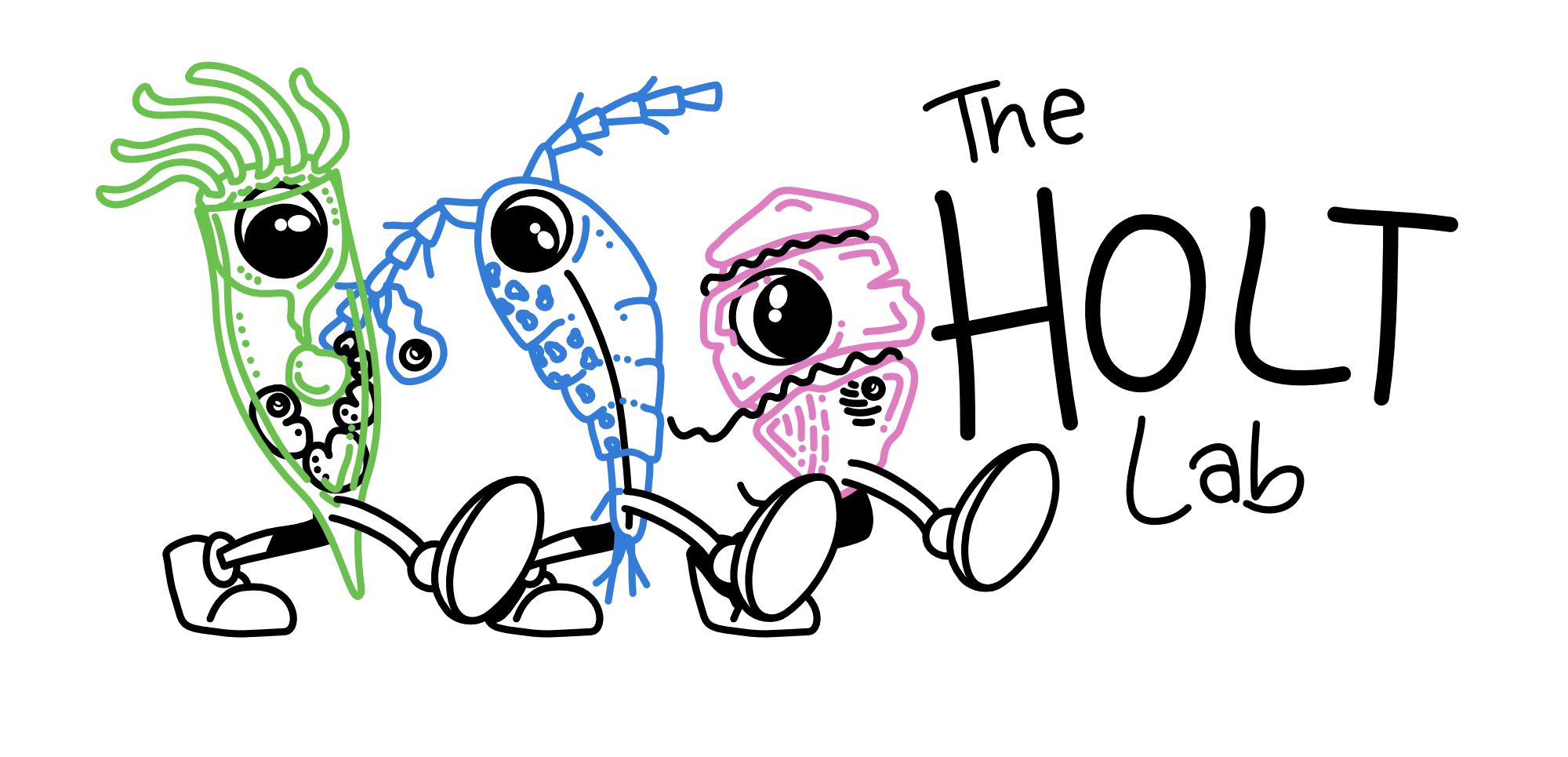Holt C, Foster R, Daniels CL, van der Giezen M, Feist SW, Stentiford GD, Bass D.
A parasite exhibiting Oomycete-like morphology and pathogenesis was isolated from discoloured eggs of the European lobster (Homarus gammarus) and later found in gill tissues of adults. Group-specific Oomycete primers were designed to amplify the 18S ribosomal small subunit (SSU), which initially identified the organism as the same as the ‘Haliphthoros’ sp. NJM 0034 strain (AB178865.1) previously isolated from abalone (imported from South Australia to Japan). However, in accordance with other published SSU-based phylogenies, the NJM 0034 isolate did not group with other known Haliphthoros species in our Maximum Likelihood and Bayesian phylogenies. Instead, the strain formed an orphan lineage, diverging before the separation of the Saprolegniales and Pythiales. Based upon 28S large subunit (LSU) phylogeny, our own isolate and the previously unidentified 0034 strain are both identical to the abalone pathogen Halioticida noduliformans. The genus shares morphological similarities with Haliphthoros and Halocrusticida and forms a clade with these in LSU phylogenies. Here, we confirm the first recorded occurrence of H. noduliformans in European lobsters and associate its presence with pathology of the egg mass, likely leading to reduced fecundity.
Read the paper here
Holt C, Foster R, Daniels CL, van der Giezen M, Feist SW, Stentiford GD, Bass D. Halioticida noduliformans infection in eggs of lobster (Homarus gammarus) reveals its generalist parasitic strategy in marine invertebrates. Journal of invertebrate pathology. 2018 May 1;154:109-16.
